
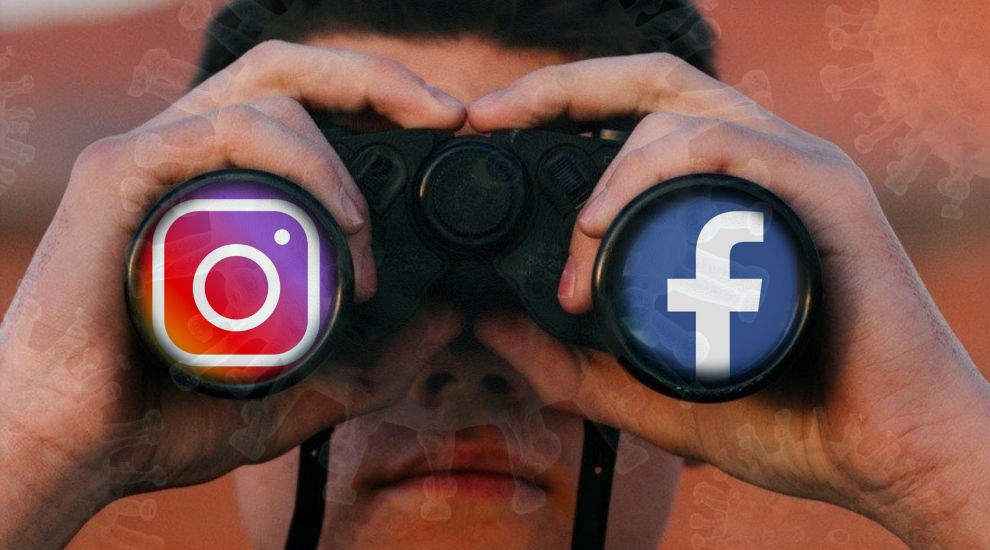

The contact tracing team is using social media to monitor whether passengers coming into the island from amber and red zones are complying with quarantine rules, the Health Minister has confirmed.
Deputy Richard Renouf’s comments came during a press conference announcing the Government's Covid-19 Winter Strategy, and just two weeks after a local student was fined after being caught on Instagram flouting isolation by visiting a restaurant.
One of the key aspects of the strategy is to increase checks on those arriving on the island is also part of the strategy which aims to avoid future island-wide, restrictive measures. “We want to avoid blanket restrictions,” the Minister assured.
Video: The Health Minister introduced the island's winter strategy on Monday.
Deputy Renouf said that over the winter, the role of the Track and Trace team will be enhanced, due to the increased risk of infection.
“We are seeing, it seems greater on island spread,” he said. “We are still in control of it but we are seeing those cases arise on island so we want to clamp down on that and make sure it doesn’t spread so enforcement is a key part of that.”
He explained that the Track and Trace team is tasked with monitoring passengers arriving from amber and red regions who are required to self-isolate until they receive a negative test result on day 5 and for 14 days respectively.
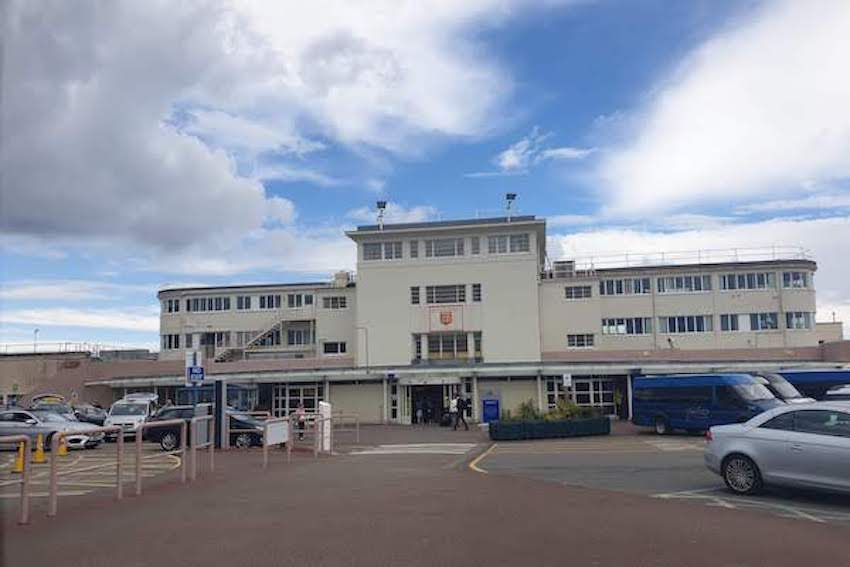
Pictured: Those arriving into the island and going into self-isolation are being monitored by the Track and Trace team.
The checks include text messages and phone calls, which, if left unanswered, will prompt a home visit.
In addition, the Minister confirmed that the Track and Trace team is now also monitoring social media as “it is a way of ascertaining what people are doing."
“So whatever measure is there, we have an enforcement function, and we are enforcing the rules,” he added.
A 22-year-old student was recently fined £6,600 - the island’s largest covid-related fine to date - in the Magistrate’s Court after she flew to the Island from the UK and was caught failing to isolate after posting about a visit to a restaurant on Instagram.
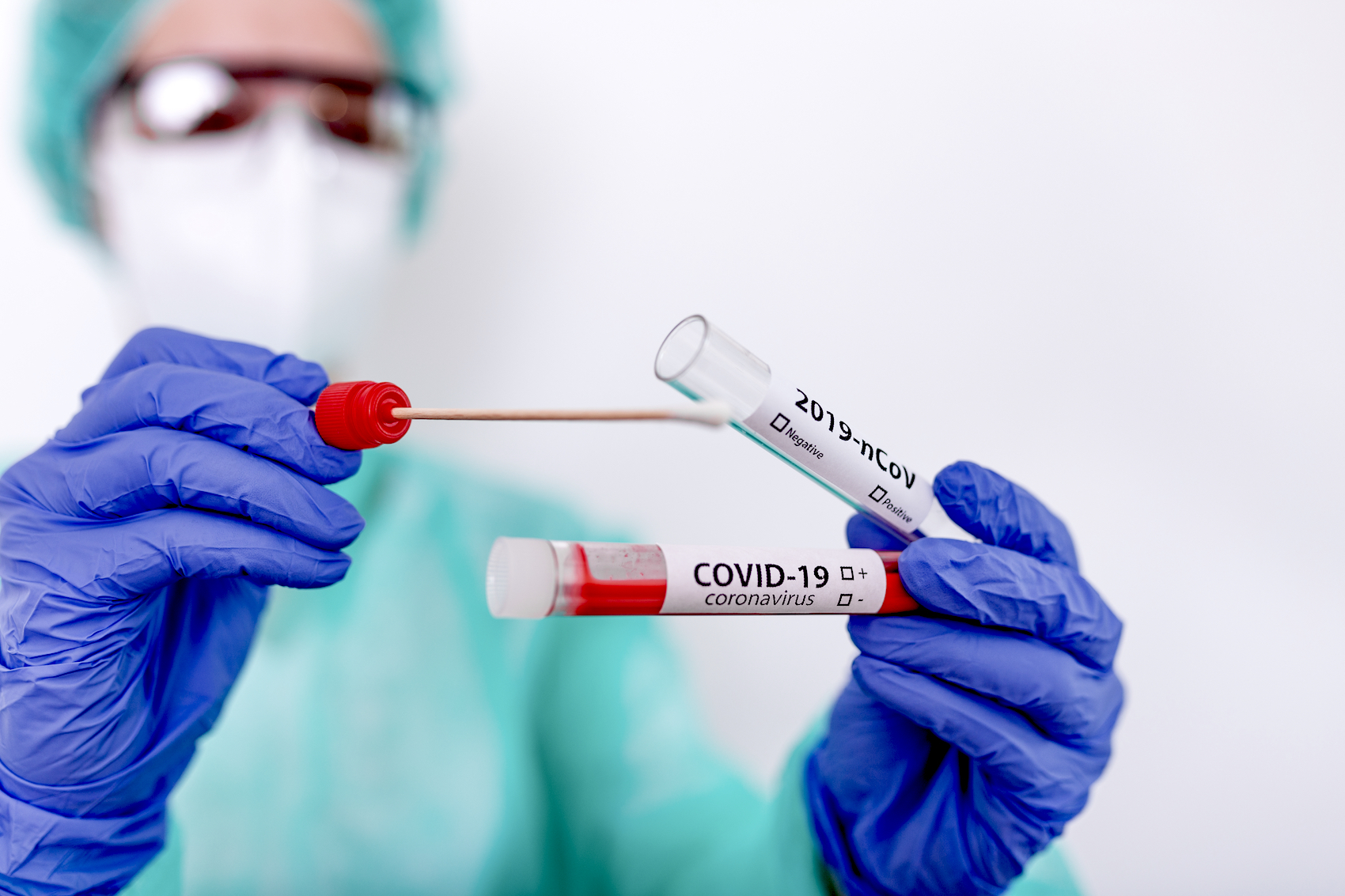
Pictured: Close to 47,000 people could be tested on a regular basis this winter.
Another key part of the island’s winter strategy is to ramp up on-island testing. As part of this, hospital staff, community health and care home staff, primary care and ambulance, about 4,000, will be tested every four weeks, with at least 75% of workers tested in each cycle.
In addition, 3,000 people working in close contact with vulnerable people such as GPs and home carers will be tested every six weeks.
Finally, the Government will be testing almost 40,000 people, about 60% of Jersey’s workforce, in all other occupations with close customer contact.
Those tests will all be of the PCR type to determine whether someone is infected by covid, rather than antibody tests which aim to show whether someone has had the virus before.
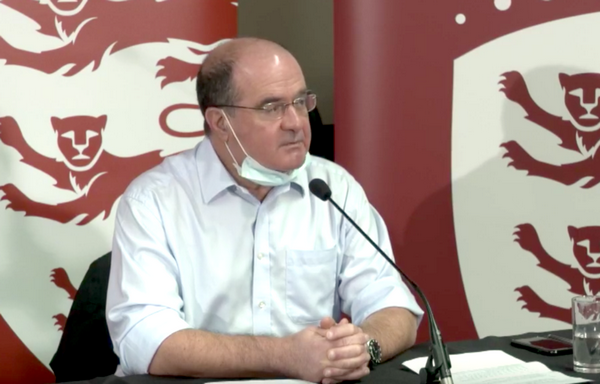
Pictured: Dr Ivan Muscat, the Deputy Medical Officer for Health.
However, as Deputy Medical Officer for Health Dr Ivan Muscat explained, recent studies have shown that “using antibodies to determine where you are is not reliable."
“We’ve learned a lot from this last winter, one of the things we’ve learned, not just in Jersey, but elsewhere as well of course is that antibodies do tend to wane with time and there is an important study from Imperial College that has shown that after about six months a significant proportion of people with antibodies lose those detectable antibodies.
“Additionally there was a report from Spain saying that despite a very large outbreak earlier on this year, the number of positives that they had at the end of the outbreak was still 4/5% antibody rate and they therefore indicated that there is little point in actually looking at antibody status to help determine the way forward.”
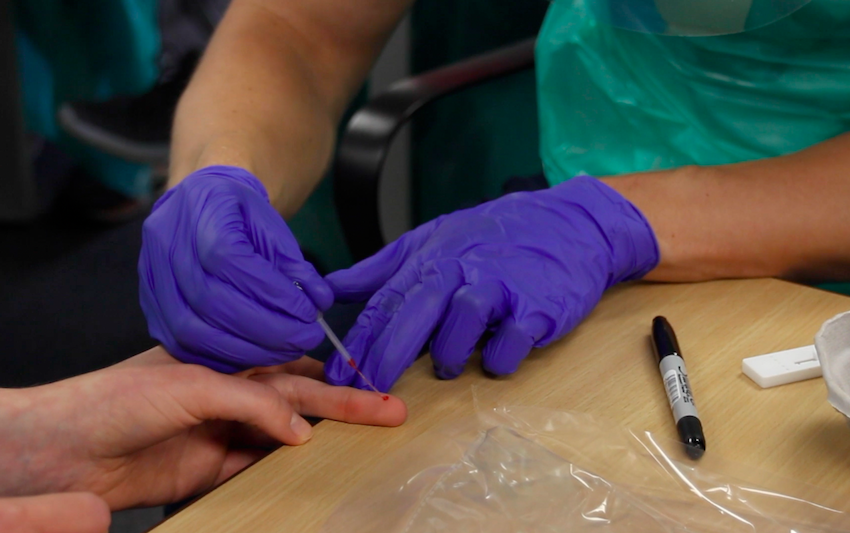
Pictured: The Government had ordered 150,000 antibody tests.
Earlier this year, the Government put 150,000 antibody tests on order. Just under 2,000 islanders and 7,850 key workers were then tested as part of antibody testing programme, but there are no plans for any sequel to take place this winter.
Responding to questions from Express, Dr Muscat confirmed that the shelved tests are unlikely to be used again.
“We bought them at the time because we felt they would be important, when there was no experience in antibody testing because covid didn’t exist earlier on this year,” Dr Muscat said.
“We anticipated that it would behave like other infections and antibody testing would therefore be helpful in determining how many people would have developed the infection in the past and were therefore now immune.
"As it turns out, over the last many months we found that is not the case so we are not going to put our efforts into something which is not going to give us the information that we need.
"We need to put our efforts into something that will give us the information that we need and not only that, that will help protect the community so we shifted to putting our energy into PCR testing, ramping it up via the helpline and through workforce surveillance in asymptomatic people.”
Comments
Comments on this story express the views of the commentator only, not Bailiwick Publishing. We are unable to guarantee the accuracy of any of those comments.